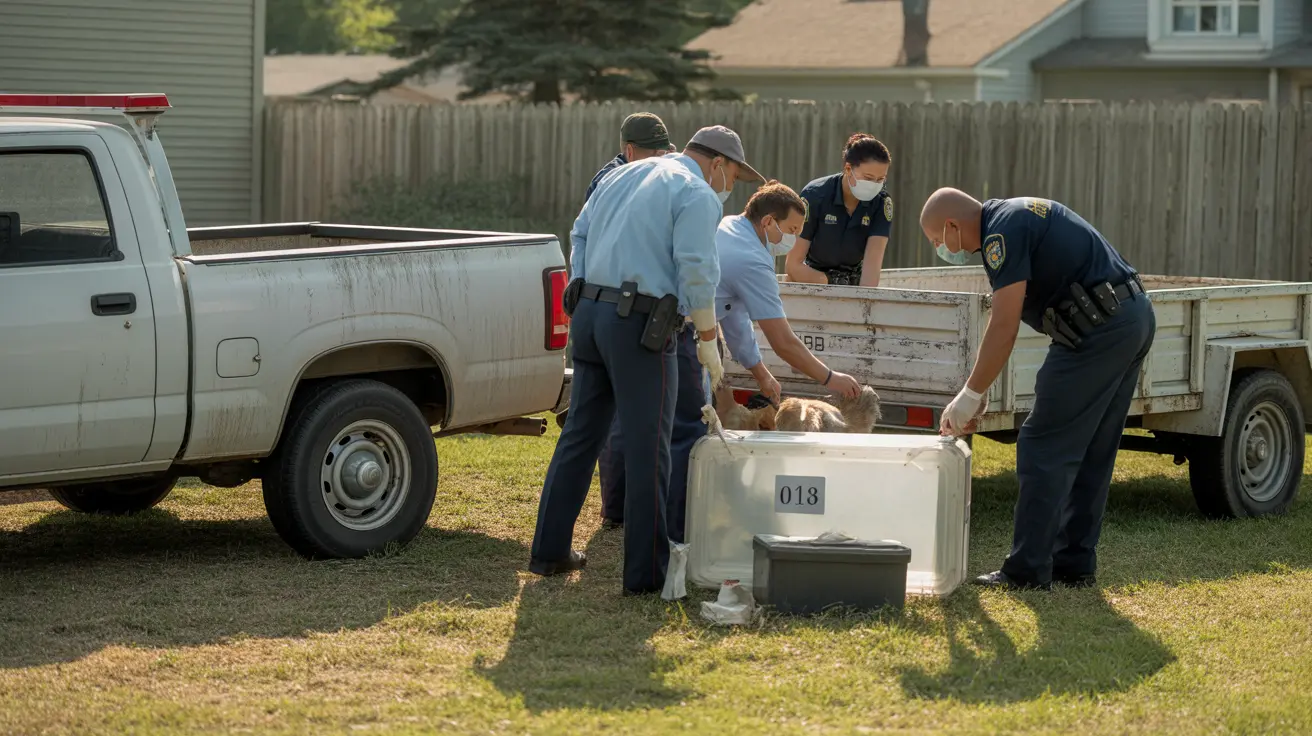Are Dentastix Bad for Dogs? A Comprehensive Guide for Pet Owners
Dental health is a critical aspect of your dog’s overall well-being, and many pet owners turn to products like Dentastix to help maintain their dogs’ oral hygiene. But are these treats actually safe and effective? In this article, we’ll explore the pros and cons of Dentastix, what ingredients they contain, and whether they’re the best choice for your furry friend.
What Are Dentastix?
Dentastix are dental chew sticks designed to reduce plaque and tartar buildup in dogs. Manufactured by Pedigree, they come in different sizes and flavors, tailored to dogs of various breeds and weights. The unique X-shape and chewy texture are marketed to help clean dogs’ teeth as they chew.
Ingredients in Dentastix
Here’s a look at some of the common ingredients found in Dentastix:
- Cereals: Often include wheat and rice flour, which can be problematic for dogs with grain allergies.
- Derivatives of vegetable origin: May include unspecified plant materials used for bulk and digestion.
- Minerals: Provide essential nutrients for dental health.
- Glycerin and Sorbitol: Used to preserve moisture and increase palatability, but may upset sensitive stomachs.
- Artificial colors and flavors: These may cause allergic reactions or sensitivities in some dogs.
While these ingredients are generally recognized as safe, they may not be ideal for all pets.
Benefits of Dentastix
Many owners report positive outcomes associated with Dentastix, particularly for daily dental maintenance:
- Reduces plaque and tartar buildup
- Freshens breath
- Easy to administer
- Dogs usually enjoy the taste
Veterinarians often recommend dental chews as part of a broader oral hygiene routine that also includes brushing and professional cleanings.
Potential Concerns
Despite their popularity, Dentastix are not suitable for every dog. Here are some potential drawbacks:
- High calorie content: Regular feeding without adjusting meal portions can lead to weight gain.
- Possible allergenic ingredients: Dogs with food sensitivities may experience adverse reactions.
- Choking risk: Small or aggressive chewers may break the sticks into large chunks, posing a choking hazard.
It’s essential to supervise your pet while they're chewing and select the correct size stick for their weight and chewing strength.
Alternative Dental Care Options
If you're concerned about the effectiveness or ingredients in Dentastix, consider these alternatives:
- Regular tooth brushing with canine toothpaste
- Raw bones: Under vet guidance, to help with natural teeth cleaning
- Other dental chews: Products approved by the Veterinary Oral Health Council (VOHC)
- Professional cleanings: Carried out by a vet every 6–12 months
- Dental diets: Special foods formulated to reduce tartar accumulation
These options can be used alone or in conjunction with each other for maximum dental health benefit.
Veterinary Opinions on Dentastix
Most vets consider Dentastix a generally safe and convenient option for maintaining dental hygiene when used appropriately. However, they agree that no dental treat can replace regular brushing and professional veterinary care.
Vets often advise selecting chews that are size-appropriate, fed in moderation, and part of a comprehensive dental routine.
Conclusion: Are Dentastix Bad for Dogs?
In summary, Dentastix are not inherently bad for dogs and can be beneficial in promoting dental health when used correctly. They should be viewed as a supplement—not a substitute—for proper oral hygiene practices. Owners should always monitor their dog’s tolerance for treats containing artificial ingredients or high calorie content and consult with their veterinarian to ensure the product fits their pet’s unique health needs.
Ultimately, smart use of dental chews like Dentastix, alongside regular vet care and brushing, can help your dog maintain a healthy, happy smile.





